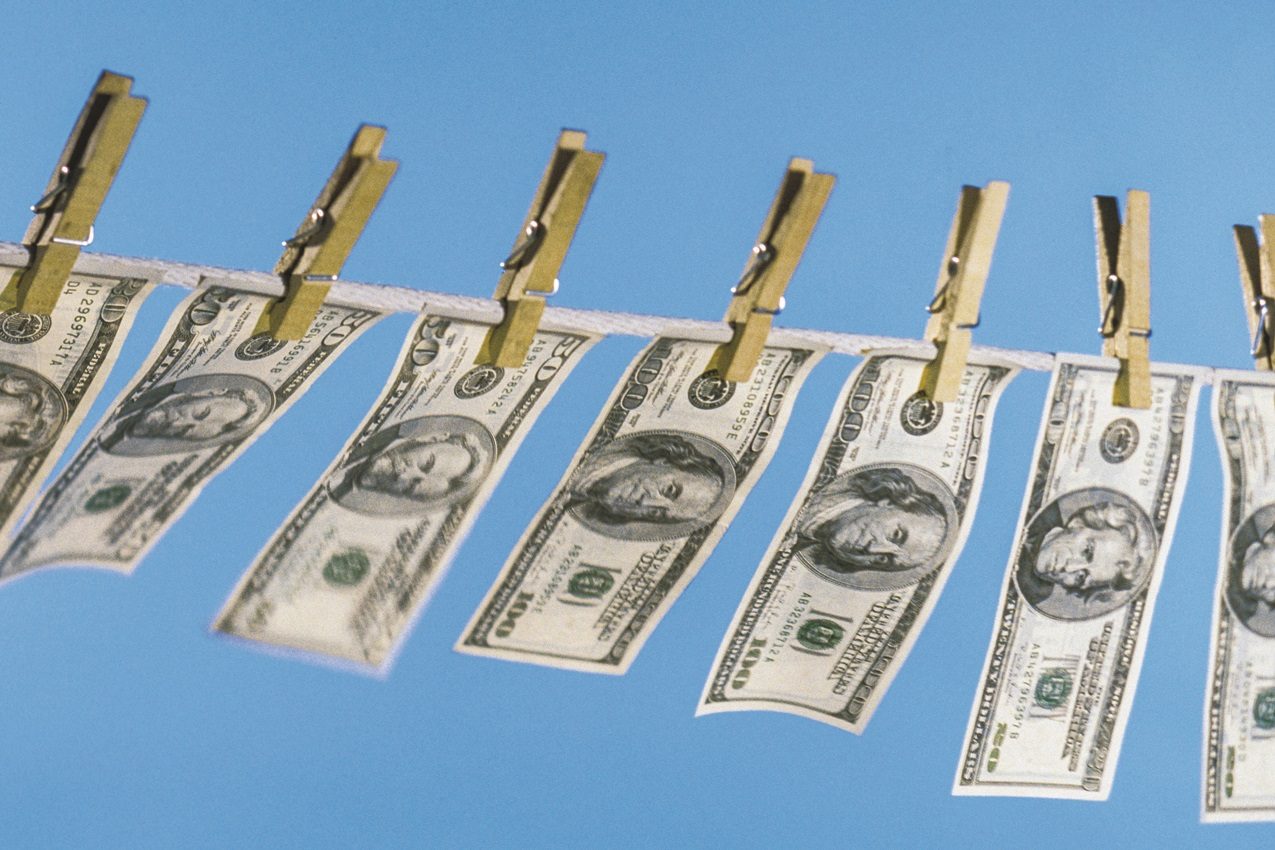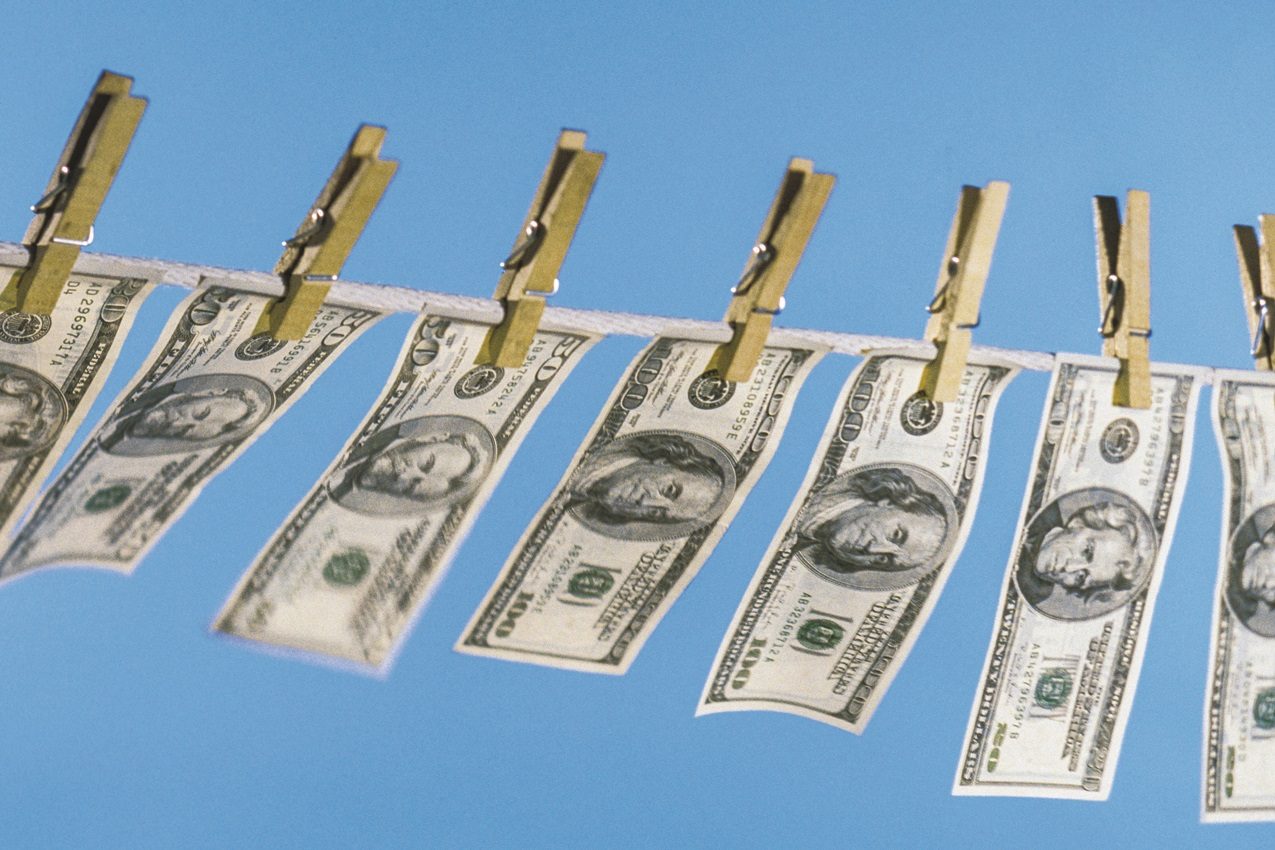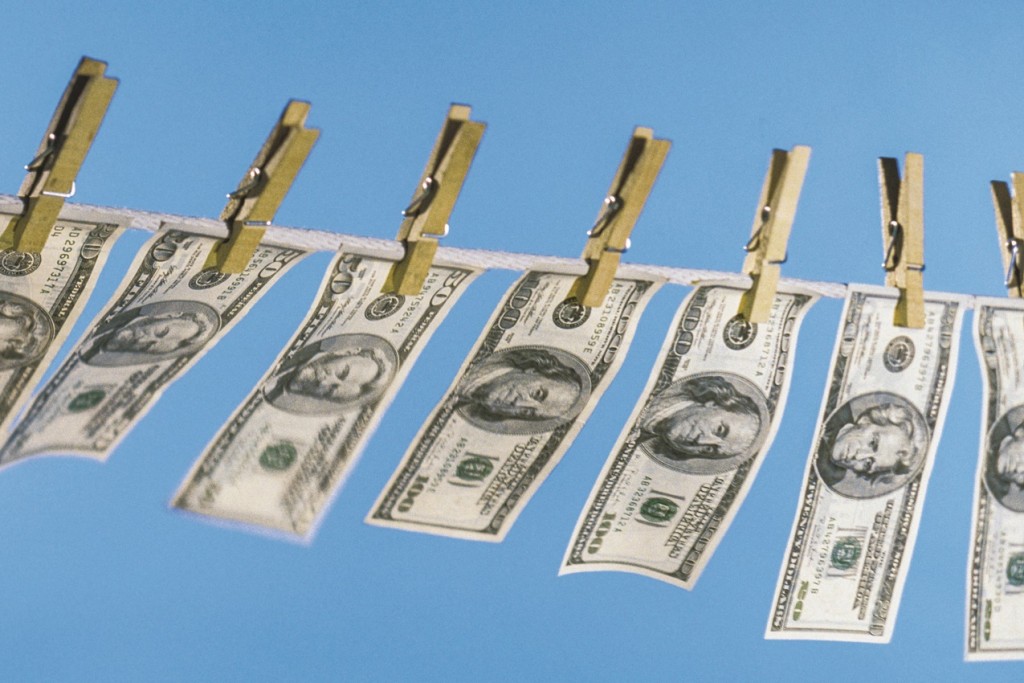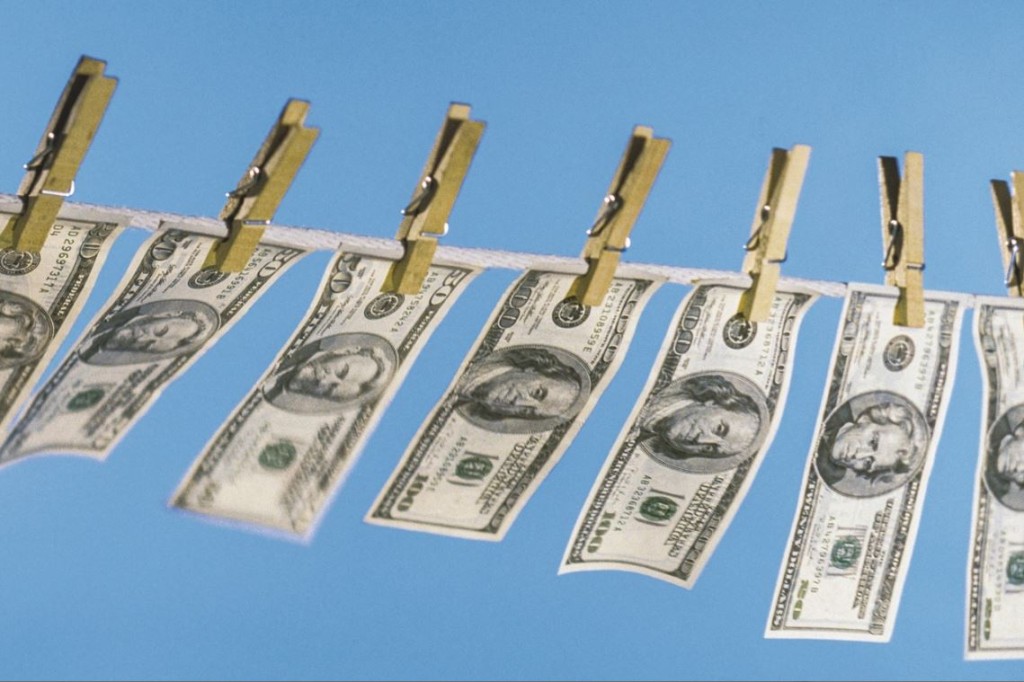Have you heard about the Panama Papers? The largest leak to the media ever … that is getting little attention in the media.
This is surprising because so far the Panama Papers have revealed a blueprint of how the wealthy and elite hide their money from taxation — and thus the rightful owners of that money; the 99 percent — via offshore businesses.
Perhaps the story is just too depressing? The saddest thing to come out of the Panama Papers so far is the crushing truth that everything done by corporate managers Mossack Fonseca and its clients is legal. The company took great pains to make this clear to everyone when it released its first statement on April 3, in response to the leak. “It is legal and common for companies to establish commercial entities in different jurisdictions for a variety of legitimate reasons, including conducting cross-border mergers and acquisitions, bankruptcies, estate planning …”
Yeah, yeah, yeah. Just because someone has found a way to make stealing from the public legal doesn’t make it right and certainly doesn’t do anything for the benefit of the larger community.
Here’s a quick explainer about what the Panama Papers are and the impact they’re having in the U.S.:
What are the Panama Papers?
In early 2015, an anonymous source began to leak more than 11.5 million documents from Mossack Fonseca, a Panamanian corporate service provider specializing in establishing shell corporations and tax dodging, to German paper Suddeutsche Zeitung. The newspaper soon shared the enormous amount of emails, records, transactions, legal documents, and financial information between Mossack Fonseca and its clients with the International Consortium of Investigative Journalists, then McClatchy, the Guardian, and the BBC. Now, there are representatives from more than 200 news agencies from around the globe poring over the documents, which date from the 1970s through spring of 2016. The data dump includes client information such as name and cash, asset, and stock holdings. And for journalists, the digging has really only just begun.
Why are the Panama Papers important?
It’s unclear how much money the unscrupulous and wealthy have been able to keep out of the public’s coffers. But with the Panama Papers, we can at least see hundreds, maybe thousands of concrete examples of how much money is being squirreled away, by who, and how. For example, legal documents discovered through the leak show close associates of Russian President Vladimir Putin shoveling $2 billion into offshore companies around the globe. The Putin administration has called this revelation a lie made to “destabilize Russia.” It would be great if nations could analyze the papers and come up with ways to stymie these massive tax dodges, but the documents reveal each time a nation comes up with a way to squelch tax evasion, a new legal maneuver is born to skirt the law’s effects. When tweaks to the tax code prove ineffective, perhaps it’s time for an overhaul.
How is America involved?
Did you know that, according to the Panama Papers, Nevada is the eighth largest tax haven on the planet? Mossack Fonseca has tried to block release of information that may link it to a subsidiary in Las Vegas that helped create more than 123 shell companies that were used to siphon millions away from the Argentinian government through contracts. That’s pretty interesting, but Nevada’s corporate-friendly tax laws and attractive legal protections for businesses are well known for being able to shield money from taxes. So far, only 200 Americans have shown up in the Panama Papers, and none of them are household names, except maybe David Geffen. This may simply be due to the reporting yet to be done, or perhaps Americans are more fond of using the legal and financial services of some other firm that didn’t suffer the leak Mossack Fonseca has.
What’s next?
While Americans have been mostly absent from the Panama Papers, the documents show decades of corporate and tax loopholes being abused. In a time when people are feeling squeezed by taxes and the national debt is in the trillions, stopping these tax cheats is paramount. Demos, a nonprofit think tank, estimates that from 2001 to 2010, the U.S. federal government lost $3.09 trillion to tax evasion. So far, American leaders’ reactions to the leak have been tempered. President Obama acknowledged that the wealthy are able to wriggle out of financial responsibilities the rest of the nation is not, but proposed no new avenue for pursuing this. The U.S. Department of Justice is investigating the Panama Papers, but mostly as they apply to the FIFA ethics and corruption probe they have underway. There doesn’t seem to be much appetite for understanding the Panama Papers in the U.S., which is suspect. Thank goodness for Sen. Elizabeth Warren, (D-Mass.) and Sen. Sherrod Brown (D-OH) who are pushing for a probe of the U.S. Treasury to investigate whether any U.S. or U.S.-linked entities were involved with Mossack Fonseca. If you want to keep abreast of updates about the Panama Papers as journalists discover them, sign up for email alerts from the International Consortium of Investigative Journalists at panamapapers.icij.org.
Contact Kristin Palpini at editor@valleyadvocate.com.






